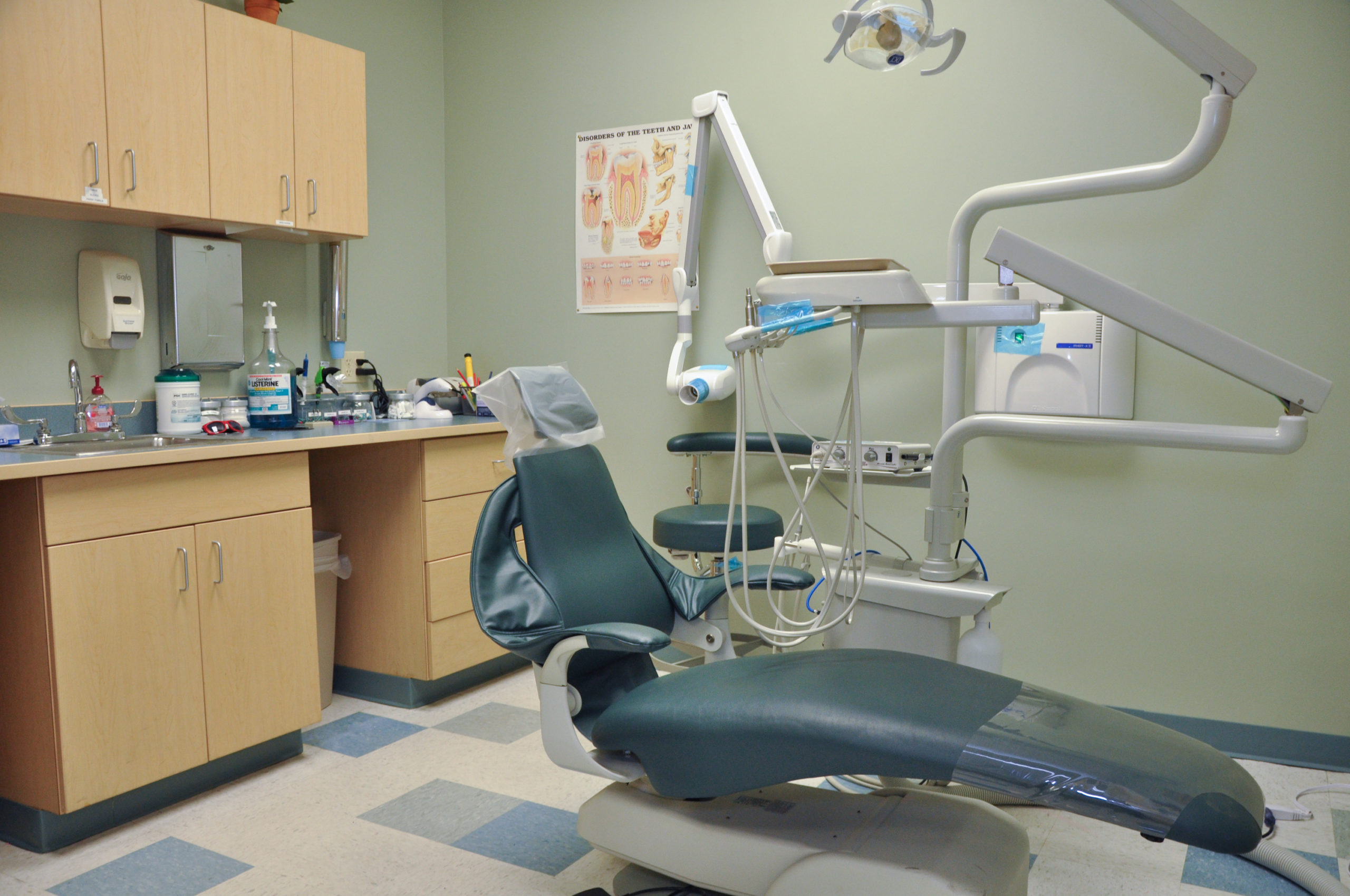Common Concerns About Oral Veneers Answered
Oral veneers have actually become an increasingly sought-after option for those looking to enhance their smiles, yet lots of individuals stay unsure regarding numerous aspects of their usage. As we explore these common queries, it comes to be important to take into consideration not only the advantages however likewise the implications of deciding for dental veneers in quest of an extra certain appearance.
What Are Oral Veneers?
Oral veneers are slim, customized coverings crafted from porcelain or composite resin that are created to cover the front surface area of teeth. These dental prosthetics serve both visual and useful functions, offering an option for numerous oral flaws, including staining, chips, gaps, and misalignment. By adhering to the teeth, veneers can significantly enhance the general appearance of a smile, creating an extra attractive and uniform look.
Porcelain veneers are specifically preferred for their natural clarity and tarnish resistance, making them a perfect selection for people looking for long-lasting results. On the other hand, composite resin veneers are normally more economical and can be applied in a solitary see, yet they may not offer the same sturdiness as porcelain options.
The choice to opt for dental veneers typically originates from a need for aesthetic enhancement, yet clients ought to also think about variables such as the long life of the product, upkeep demands, and the prospective requirement for tooth reduction (Porcelain Veneers Washington DC). Inevitably, oral veneers stand for a reliable and versatile service for achieving a radiant smile, dealing with specific aesthetic requirements while promoting self-confidence and self-confidence
How Are Veneers Applied?
The application process for veneers requires mindful planning and precision to ensure optimal outcomes. The treatment generally begins with a thorough appointment, where the dental practitioner assesses the patient's oral health and wellness, talks about preferred results, and identifies the appropriate kind of veneers, whether porcelain or composite resin.
When the treatment strategy is established, the dentist prepares the teeth by getting rid of a slim layer of enamel, typically about 0.5 mm to 1 mm, to suit the veneer. This action is vital as it guarantees a proper fit and stops the veneers from appearing cumbersome - Low Cost Veneers. After preparation, impacts of the teeth are taken to create personalized veneers that match the client's unique dental framework and visual choices
While the permanent veneers are being fabricated in an oral laboratory, short-lived veneers may be put to secure the prepared teeth. When the irreversible veneers are all set, the dentist will meticulously bond them to the teeth using a strong oral adhesive. Last modifications are made to ensure appropriate placement and attack, followed by polishing for an all-natural look. The process culminates in a follow-up consultation to monitor the veneers' fit and the individual's satisfaction with their new smile.
What Are the Conveniences?

Moreover, veneers are understood for their durability and resistance to discoloring contrasted to natural teeth. Made from top quality materials such as porcelain or composite material, they can keep their look for several years with proper care. This durability makes them a sensible investment in one's dental appearance.
In enhancement to visual enhancements, veneers can also add to improved oral wellness. By covering harmed or deteriorated teeth, they can supply added assistance and protection, aiding to avoid additional degeneration or deterioration. This protective aspect can decrease the demand for more extensive dental procedures in the future.

For How Long Do They Last?
With correct treatment and upkeep, oral veneers can last anywhere from 10 to 15 years, making them a long-lasting solution for boosting one's smile. The long life of veneers mainly depends on the product used, the quality of the preliminary placement, and the patient's adherence to oral health practices.
Porcelain veneers are understood for their resilience and resistance to staining, usually lasting closer to the 15-year mark when cared for properly. Compound veneers, while much more inexpensive, may need substitute faster, typically within 5 to ten years because of their vulnerability to use and staining.

In addition, putting on a mouthguard during sports or nighttime can give additional defense. Inevitably, while veneers use a substantial aesthetic enhancement, their durability is substantially influenced by the dedication to correct oral care and normal assessments with an oral specialist.
Exist Any Risks?
Considering the transformative effects of oral veneers, it is necessary to recognize the potential dangers connected with their application. While veneers can boost the look of teeth, the treatment entails the elimination of a slim layer of enamel, which can raise tooth level of sensitivity and susceptability why not try here to decay.
One substantial threat is the opportunity of inappropriate positioning or suitable, causing discomfort, bite imbalance, and even damages to the underlying tooth structure. Furthermore, if the veneers are not maintained correctly, they can become stained or damaged with time, demanding substitute.
Clients may also experience sensitive reactions to the materials used in the veneers, specifically if they have level of sensitivities to particular dental composites. While veneers are sturdy, they are not indestructible; too much pressure from grinding or squeezing can lead to fractures.
It is vital for patients to consult with a certified dental specialist to examine their specific dangers and to follow aftercare directions faithfully. By recognizing these threats, clients can make enlightened choices regarding their oral veneer treatment and ensure the durability and success of their improvements.
Final Thought
In recap, oral veneers represent a valuable cosmetic remedy for enhancing smiles, with factors to consider concerning their application, advantages, long life, and linked threats. Eventually, notified decision-making relating to dental veneers can lead to satisfying visual end results and boosted oral health and wellness.
Dental veneers are slim, customized coverings crafted from porcelain or composite resin that are created to cover the front surface area of teeth. After prep work, perceptions of the teeth are taken to develop custom veneers that match the patient's one-of-a-kind oral structure and aesthetic choices.
While the permanent veneers are being made in a dental research laboratory, short-lived veneers may be positioned to shield the prepared teeth. As soon as the permanent veneers are prepared, the dental expert will thoroughly bond them more info here to the teeth using a solid dental adhesive. Inevitably, educated decision-making concerning dental veneers can lead to adequate aesthetic end results and enhanced oral wellness.